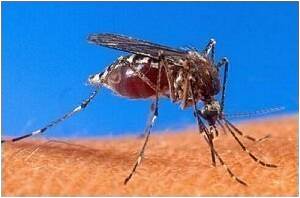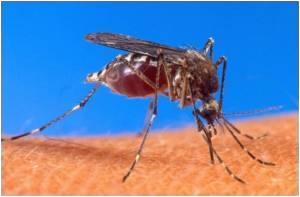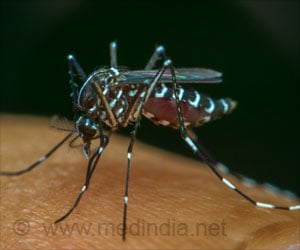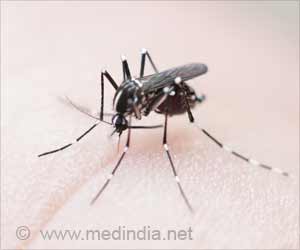Fight against dengue would soon become more efficient, as scientists have successfully conducted an outdoor trial of genetically modified mosquitoes to sabotage the dengue spreaders.
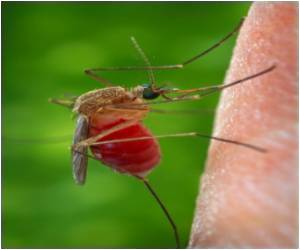
"It's a proof of principle, that it works," said Angela Harris of the Mosquito Control and Research Unit on the Caribbean island of Grand Cayman, where the trial took place.
The MCRU conducted the trial with Oxitec, the company in Oxford that bred the GM mosquitoes.
Oxitec breeds millions of males carrying an altered gene called tTA, which they pass down when they mate with females.
The lethal gene overcomes the gene-reading machinery of larva and pupae, preventing them from growing properly and causing them to die before adulthood, breaking the insects' life cycle.
The researchers measured depletion of the population through weekly checks on eggs laid by the females in jam-jar-sized pots that were randomly dispersed throughout the trial plot.
Advertisement
The researchers concluded that the number of females laying eggs nosedived because most were dying as larvae. The resources consumed by the doomed larvae and pupae before they die vie with normal rivals for resources, which helped to reduce the population.



